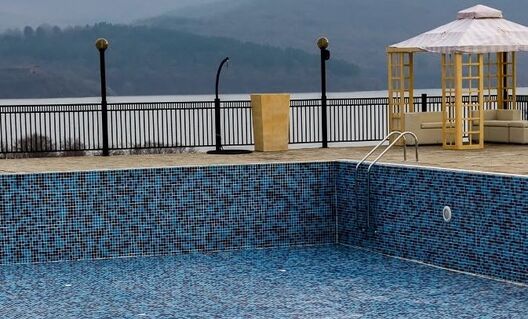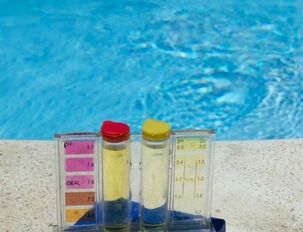|
TO LISTEN, CLICK PLAY
|
Dye Test For
|
|
Helpful Resources For Your Swimming Pool
- 5 Tips Of Pool Leak Detection
- 10 Signs You Have A Water Main Leak
- How To Remove Pool Algae
- How To Fix Cloudy Pool Water
- Understanding Pool Cartridge Filters
- Understanding Pool Chlorine
- Common Pool Leaks
- Pros & Cons Of Hiring Leak Detector
- Pool Leaking Vs Water Evaporating
- Low Water Pressure
- Signs Of A Gas Leak
- Detect An Irrigation Leak
- Pool Skimmer Leaks
- Pool Leak Detection Using Ultrasound
- 7 Tips To Keep The Pool Swim-Ready & Safe All Summer Long


